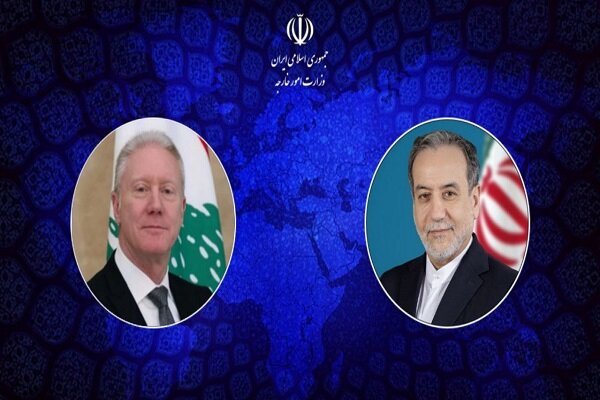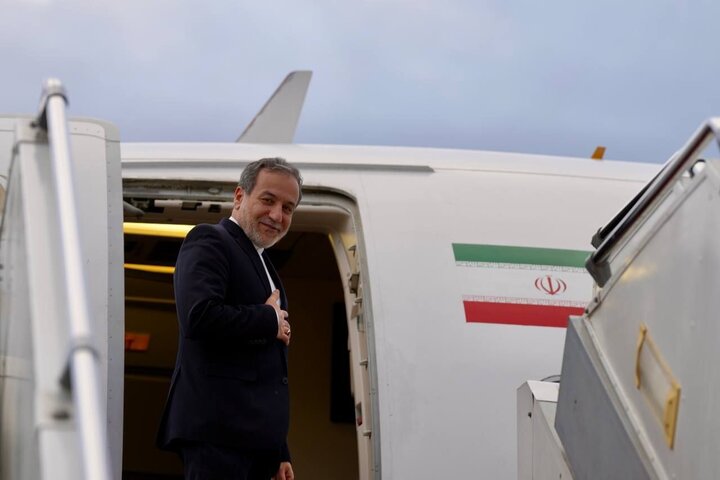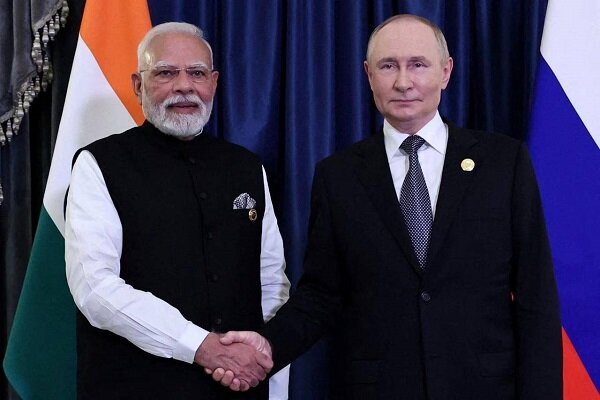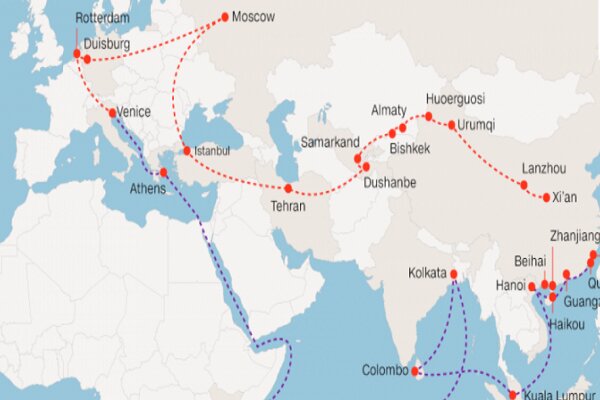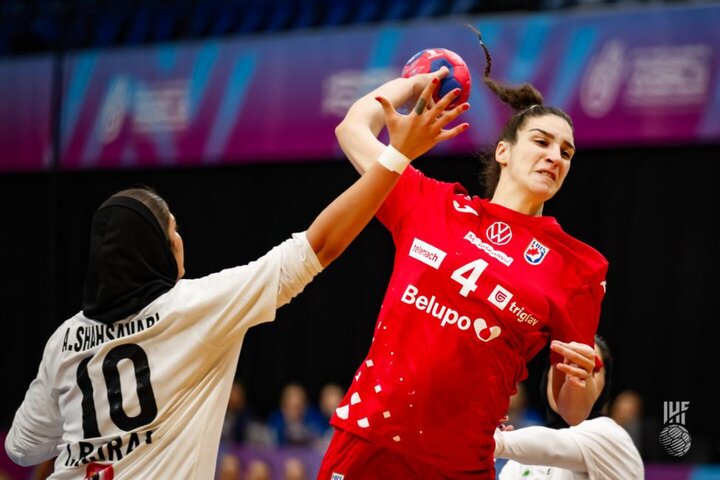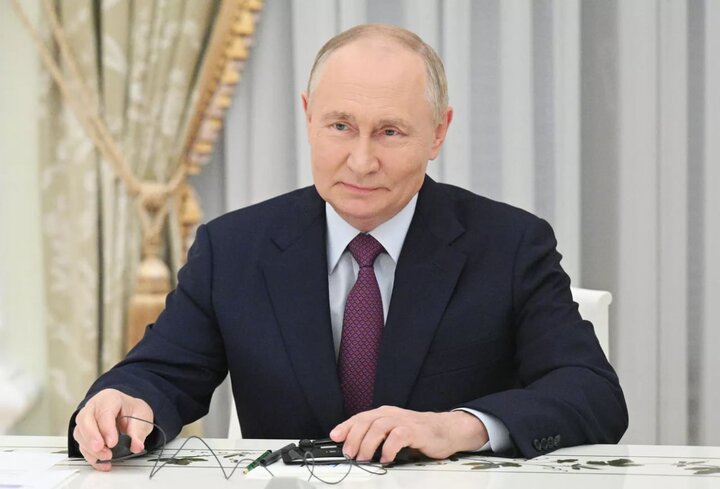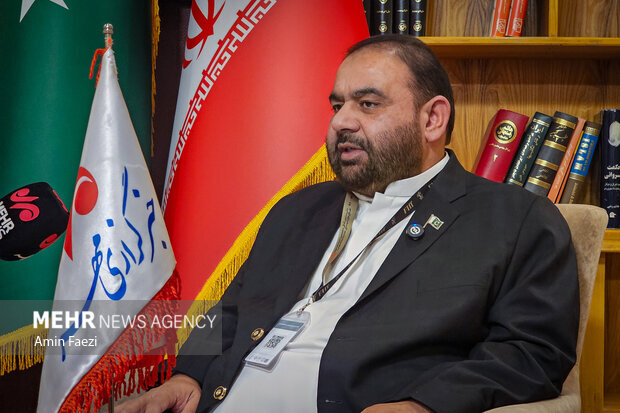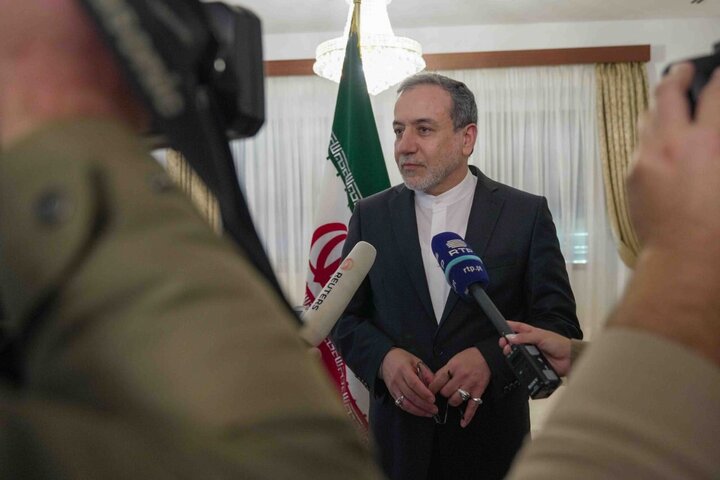
Araghchi told reporters in Lisbon before a meeting between Iranian and European negotiators in Geneva on Friday, the Guardian reported on Thursday.
He described talks in Geneva as a brainstorming session to see if there was a way out of their impasse.
He admitted he was pessimistic about the meeting, saying he was not sure Iran was speaking to the right party.
Iran already had the capability and knowledge to create nuclear weapons, but said they did not form part of its security strategy, he said.
There is a debate right now in Iran that it was perhaps a wrong policy. Why? Because it proved we did whatever they wanted and when it was their turn to lift sanctions, in practice, they didn’t happen. So maybe something is wrong in our policy, he added.
So I can tell you, quite frankly, that there is this debate going on in Iran, and mostly among the elites – even among the ordinary people – whether we should change this policy or not, whether we should change our nuclear doctrine, as some say, or not, because it has proved insufficient in practice, Araghchi said.
He said if European countries did reimpose sanctions on Iran at the UN security council then they [will] have convinced everybody in Iran that, yes, your doctrine has been wrong.
He added this is the result after 10 to 12 years of negotiations, and after 10 years of implementation and homework and all these things, now, Iran is back under chapter seven [of the UN charter], what for?
If that happens, I think everybody will be convinced that we have gone in the wrong direction, so we have to change direction. So I think if the snapback happens we would have a crisis, he noted.
He also said that Iran had not supplied ballistic missiles to Russia, but that it is legitimate for Tehran to have close military cooperation with Moscow even though Iran supported the territorial integrity of Ukraine.
Why is Israel now ready for a ceasefire in Lebanon? Because they couldn’t finish the job, and they are not able to finish the job. Yes, Hezbollah has suffered, but it is mostly on its leadership and high level commanders, but the organisation is intact, he underlined.
Israel cannot go for a ceasefire with Hamas, because a ceasefire with Hamas would be a total defeat for Israelis, he said.
They went there to destroy Hamas, and now they have to make a deal with Hamas, and that means that they have failed to reach their goals. So a ceasefire in Gaza has become a very complicated question, Aragchi noted.
MNA/
